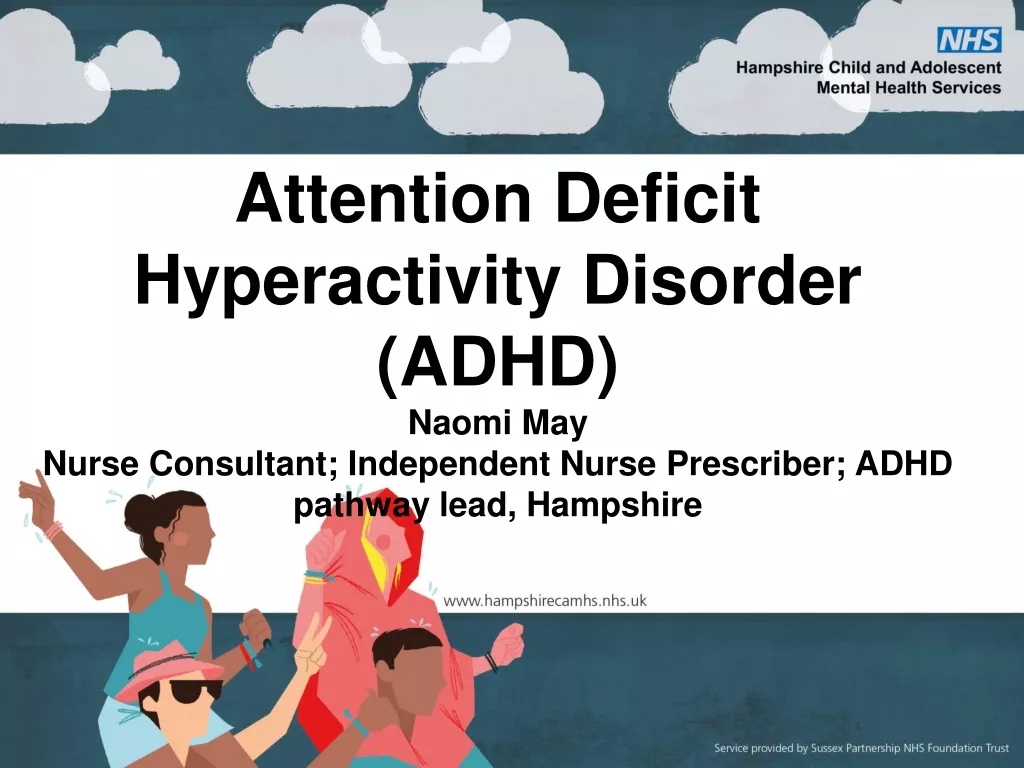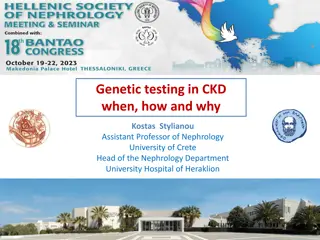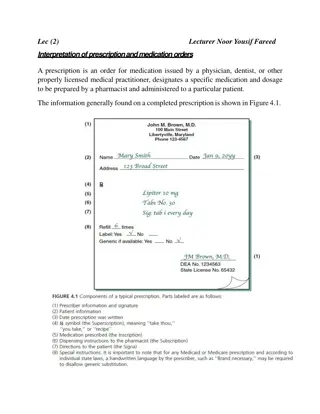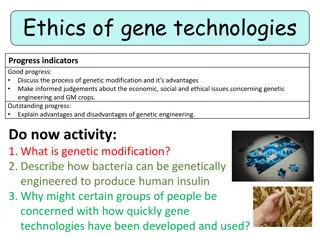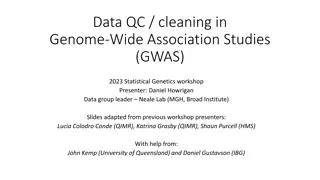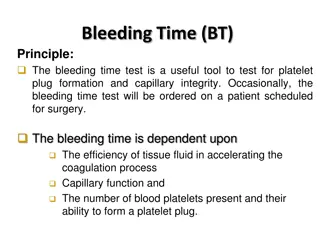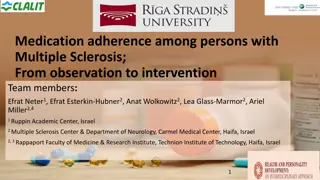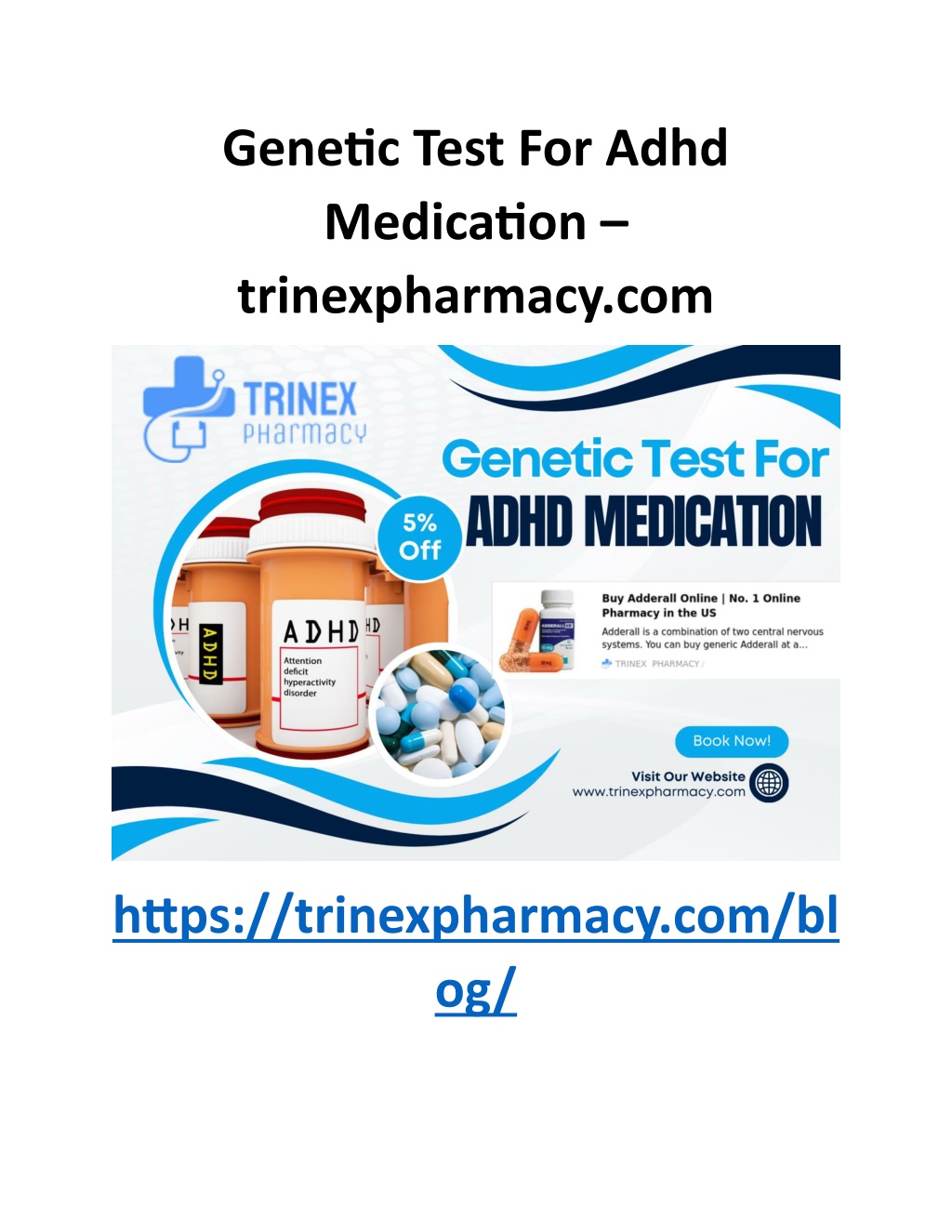
Genetic Test for Adhd Medication - trinexpharmacy.com
Genetic Test For Adhd Medication or Attention-Deficit/Hyperactivity Disorder, affects millions of people worldwide, both children and adults. Itu2019s characterized by symptoms such as inattention, hyperactivity, and impulsivity. Contact : 1 (747) 209 u2013 3649 E-mail : sales@trinexpharmacy.com
- Genetic Test for Adhd Medication
- buy Genetic Test for Adhd Medication
- sale Genetic Test for Adhd Medication
- order Genetic Test for Adhd Medication
- Genetic Test for Adhd Medication reviewGenetic Test for Adhd Medication
Download Presentation
Please find below an Image/Link to download the presentation.
The content on the website is provided AS IS for your information and personal use only. It may not be sold, licensed, or shared on other websites without obtaining consent from the author. Download presentation by click this link. If you encounter any issues during the download, it is possible that the publisher has removed the file from their server.
Presentation Transcript
Genetic Test For Adhd Medication trinexpharmacy.com https://trinexpharmacy.com/bl og/
Genetic Test For Adhd Medication or Attention-Deficit/Hyperactivity Disorder, affects millions of people worldwide, both children and adults. It s characterized by symptoms such as inattention, hyperactivity, and impulsivity. Managing ADHD typically involves a combination of behavioral therapy, lifestyle changes, and medication. However, finding the right medication can often feel like a game of trial and error. This is where genetic testing comes into play. The Role of Genetics in ADHD Genetics plays a significant role in ADHD. Research has shown that ADHD tends to run in families, suggesting that certain genes are involved in the disorder. By understanding an individual's genetic makeup, Shop healthcare providers can potentially tailor treatments more effectively. What is a Genetic Test for ADHD Medication? Definition and Purpose A genetic test for ADHD medication is designed to analyze an individual s DNA to identify specific genetic markers that may influence how they respond to different ADHD medications. The purpose is to personalize treatment plans, About Us making them more effective and reducing the guesswork involved in finding the right medication. How It Works These tests typically involve collecting a DNA sample, usually through a cheek swab or saliva sample, which is then analyzed in a lab to look for specific genetic variants associated with medication response. The Science Behind Genetic Testing DNA and Genetic Markers DNA, or deoxyribonucleic acid, is the blueprint of life, Refunds & Returns Policy containing all the information necessary for building and maintaining an organism. Within our DNA, there are specific markers or sequences that can influence how we metabolize medications. Gene Variants Linked to ADHD Certain gene variants have been linked to ADHD and the way individuals respond to medication. For example, variations in the genes that encode for enzymes involved in drug metabolism can affect how quickly a medication is processed by the body. Benefits of Genetic Testing for ADHD Medication Personalized Treatment Plans
One of the primary benefits of genetic testing for ADHD medication is the ability to create personalized treatment plans. By understanding an individual's genetic profile, Blog healthcare providers can select medications that are more likely to be effective. Reduced Trial and Error Traditional methods of finding the right ADHD medication often involve a lengthy process of trial and error. Genetic testing can significantly reduce this process, leading to quicker relief from symptoms. Improved Medication Efficacy With a more targeted approach, the efficacy of medications can be improved. This means patients are more likely to experience the desired effects with fewer side effects. Types of Genetic Tests Available Pharmacogenomic Testing Pharmacogenomic testing looks at how genes affect a person's response to drugs. This type of testing can help determine which ADHD medications are likely to be the most effective based on an individual's genetic makeup. Neurotransmitter Gene Testing Another type of genetic testing focuses on genes related to neurotransmitters, the chemicals in the brain that transmit signals. By understanding variations in these genes, healthcare providers can gain insights into how well certain medications might work. How Genetic Testing is Conducted Sample Collection Methods Genetic tests for ADHD medication typically require a DNA sample, which can be collected using a simple cheek swab or saliva sample. These methods are non-invasive and easy to perform. Laboratory Analysis Once the sample is collected, it is sent to a lab for analysis. The lab technicians will look for specific genetic markers that are known to influence medication response. Interpreting Genetic Test Results What the Results Mean
The results of a genetic test for ADHD medication will indicate which medications are likely to be effective and which ones may cause adverse effects or be less effective. It s important to interpret these results with the help of a healthcare provider. Working with Healthcare Providers Healthcare providers can help patients understand their genetic test results and use this information to make informed decisions about their treatment plans. This collaborative approach ensures that patients receive the best possible care. Case Studies and Real-life Examples Success Stories There are numerous success stories of individuals who have benefited from genetic testing for ADHD medication. These cases often highlight the significant improvements in symptom management and overall quality of life. Challenges and Limitations Despite the benefits, there are also challenges and limitations to genetic testing. Some individuals may not experience significant changes in their treatment outcomes, and the cost of testing can be a barrier for some. Ethical and Privacy Considerations Confidentiality of Genetic Information One of the primary ethical considerations is the confidentiality of genetic information. It s crucial that this information is kept private and only shared with authorized healthcare providers. Informed Consent Before undergoing genetic testing, patients must provide informed consent. This means they should fully understand the potential risks and benefits of the test. Potential Risks and Limitations Accuracy of Test Results While genetic tests can provide valuable insights, they are not always 100% accurate. There can be variability in how different labs interpret results, and not all genetic markers are fully understood. Financial Considerations
The cost of genetic testing can be a significant factor. Not all insurance plans cover these tests, and out-of-pocket expenses can be high. Comparing Genetic Testing to Traditional Methods Advantages Over Standard Approaches Genetic testing offers a more precise approach compared to traditional methods, which often rely on trial and error. This can lead to quicker and more effective treatment. Situations Where Traditional Methods May Be Preferred In some cases, traditional methods may still be preferred, especially when genetic testing is not accessible or affordable. Additionally, some patients may respond well to traditional approaches without the need for genetic testing. Future of Genetic Testing in ADHD Treatment Emerging Research The field of genetic testing is rapidly evolving. Emerging research continues to uncover new genetic markers and improve our understanding of how genetics influence ADHD and medication response. Technological Advances Advances in technology are making genetic testing more accessible and affordable. As these technologies continue to develop, the use of genetic testing in ADHD treatment is likely to become more widespread. Common Misconceptions About Genetic Testing for ADHD Myths vs. Facts There are several misconceptions about genetic testing for ADHD. Some people believe that the tests can predict ADHD itself, but in reality, they are used to tailor treatment plans. Addressing Public Concerns It s important to address public concerns about genetic testing, such as privacy issues and the accuracy of results. Providing clear and accurate information can help dispel myths and increase acceptance of genetic testing. How to Get a Genetic Test for ADHD Medication Finding a Qualified Provider
To get a genetic test for ADHD medication, its essential to find a qualified healthcare provider who specializes in this area. They can guide you through the process and help you understand the results. What to Expect During the Process The process typically involves a consultation with your healthcare provider, sample collection, and then waiting for the results. Your provider will then discuss the findings with you and adjust your treatment plan accordingly. Conclusion Recap of Key Points Genetic testing for ADHD medication offers a promising approach to personalized treatment. By analyzing an individual's genetic makeup, healthcare providers can tailor treatments more effectively, reducing trial and error and improving medication efficacy. Final Thoughts on Genetic Testing for ADHD Medication While genetic testing is not a magic bullet, it represents a significant advancement in the field of ADHD treatment. As research continues and technology advances, it s likely that genetic testing will become an integral part of managing ADHD. FAQs 1. How accurate are genetic tests for ADHD medication? Genetic tests can provide valuable insights, but they are not always 100% accurate. It s important to discuss the results with a healthcare provider. 2. Can genetic testing predict if someone will develop ADHD? No, genetic testing for ADHD medication is designed to tailor treatment plans, not to predict whether someone will develop ADHD. 3. How much does genetic testing for ADHD medication cost? The cost can vary widely depending on the provider and the specific tests conducted. It s important to check with your insurance provider to see if the test is covered. 4. Is genetic testing for ADHD medication covered by insurance? Coverage varies by insurance plan. Some plans may cover the cost, while others may not. It s best to check with your insurance provider. 5. What should I do if my genetic test results are inconclusive? If your results are inconclusive, your healthcare provider can help you understand the next steps, which may include additional testing or alternative treatment options.
Contact : +1 (747) 209 3649 E-mail : sales@trinexpharmacy.com

